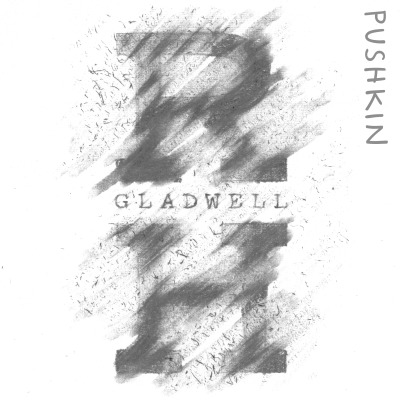Preview Malcolm Gladwell's 'Revenge of the Tipping Point'
I recently shared an Airmail interview with Malcolm Gladwell that discussed his newest book, Revenge of the Tipping Point, which is a re-examination of and sequel to his massive best-seller of 25 years ago, The Tipping Point.
Gladwell used his Revisionist History podcast feed to give the public a sample of the new project, in audio form. It, much like his recent book, Bomber Mafia, blends podcast and audiobook into a new experience, and it's a captivating listen. Whether Gladwell's voice is perfectly suited to the narrator role or I've just grown used to it, I can't tell, but I love it. And then he mixes in actual interview tape, just like a podcast, to the extent that I'm curious what it looks like on the page.

Whatever the result, it works. It just does. I mentioned before that I don't fully know what to do with all the Gladwell criticisms out there, because many of them strike me as a honest and principled. But the guy just tells stories in a way that I find utterly addictive. And maybe that's fine, as long as I don't take his simplified conclusions and parrot them as the conventional wisdom at cocktail parties. If I can maintain a bit of detachment from the grand conclusions of "This is the answer to how this works in the real world" and instead just let myself be swept up in the storytelling and interconnectedness of ideas, I think I'm fine. And you probably will be, too.
